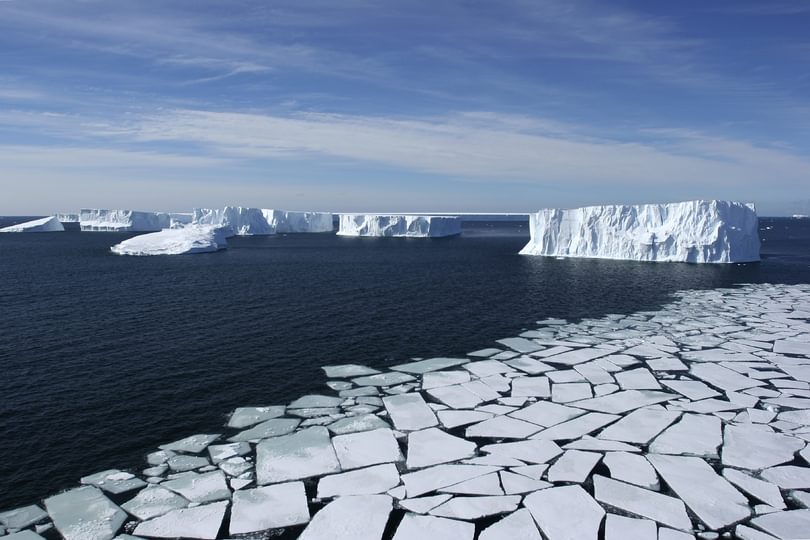
Two new papers co-authored by Professor Myles Allen, co-director of the Oxford Martin Programme on Resource Stewardship, highlight the urgency of reducing global emissions of carbon dioxide despite the fact that global warming appears to have slowed over the past decade.
The papers were published online in the journal Nature Climate Change, as ministers gathered in Warsaw for the latest round of climate change negotiations.
In 'Impact of delay in reducing carbon dioxide emissions' Myles Allen and Thomas Stocker assess the impact of further delay in reducing carbon dioxide emissions. “Unless we assume the long-suffering taxpayers of the 2020s somehow manage to compensate for continued procrastination now, peak carbon-dioxide-induced warming is increasing at the same rate as carbon dioxide emissions themselves – almost 2% per year – much faster than observed warming,” explains Myles Allen. “So if we were aiming in 2010 to limit warming to two degrees, a delay of only 5 years has already cost us two tenths of a degree if we make the same effort starting in 2015 – that’s equal to the observed warming since the early 1990s.”
The second paper, led by Niel Bowerman of the University’s Department of Physics, looks at the impact of measures to cut emissions of other global warming agents like methane and soot. David Frame, a co-author at Victoria University Wellington, explains their key result: “We show that taking action today on emissions of these short-lived climate pollutants will have relatively little impact on peak warming unless carbon dioxide emissions are reduced at the same time. So action on these other pollutants does not ‘buy time’ to delay action on CO2.”
Both studies were supported by the UK Department of Energy and Climate Change and the Oxford Martin School.
- Press coverage: 'The world cannot afford to delay drastic emissions cuts, studies show'